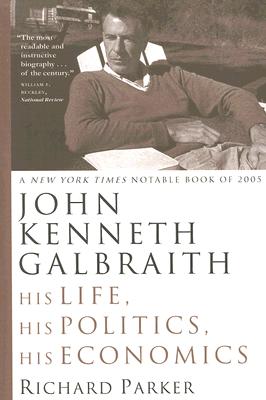
description
6What is the difference between civil and uncivil disobedience? How can illegal protest be compatible with a democratic regime based on the rule of law? Is Edward Snowden a civil disobedient? This book follows the philosophical debate around these and other issues, showing how the notion of civil disobedience has evolved from a form of passive resistance against injustice, to an active way to engage with the political life of the community. The author presents the major contributions in political and legal philosophy, ranging from John Rawls' seminal account in 1971, to the recent views advanced by Kimberley Brownlee, David Lefkowitz and William Smith. In the last chapter, the author proposes a novel account of civil disobedience, able to meet some of the unresolved challenges. The author argues that, to make sense of civil disobedience, we should expand our conception of political obligation, so to include acts that, despite being illegal, may reveal the agent's civility.
member goods
No member items were found under this heading.
Return Policy
All sales are final
Shipping
No special shipping considerations available.
Shipping fees determined at checkout.







